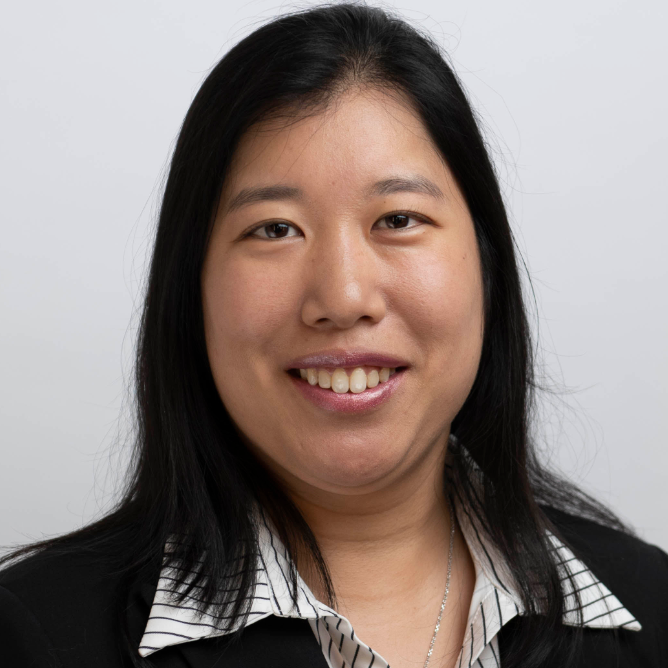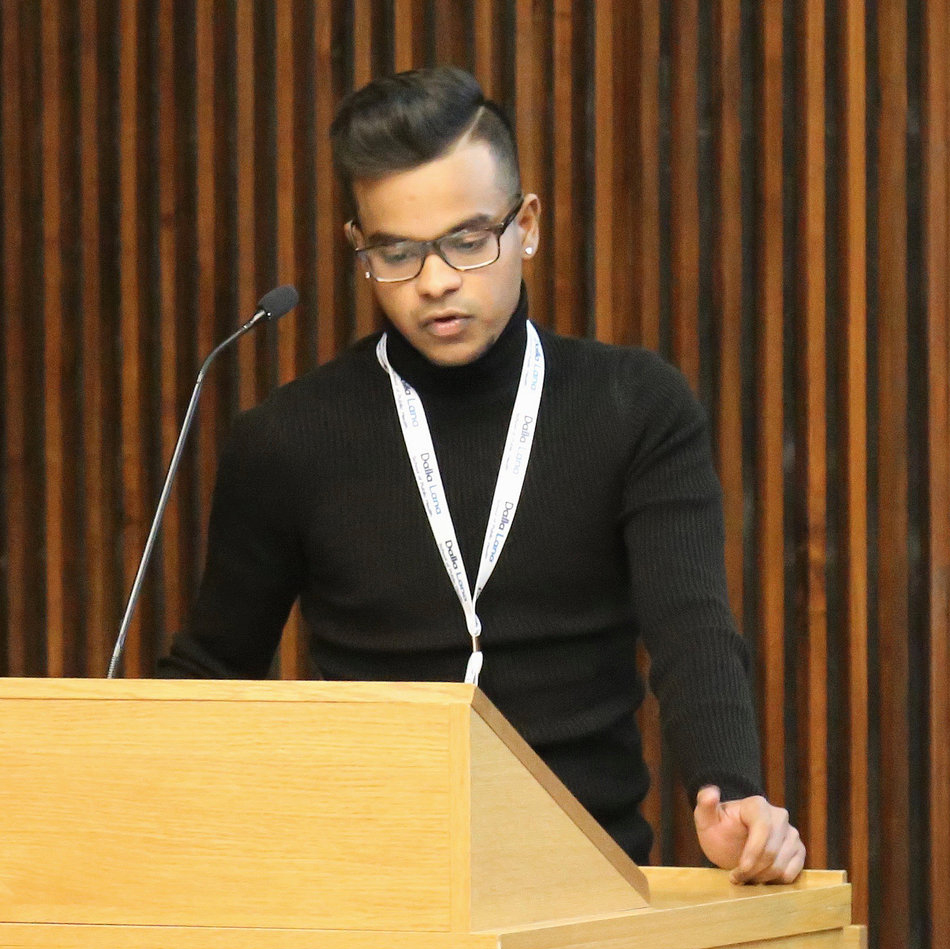
In today’s data-driven world, there’s no need for students in the accounting stream of the new Master of Science in Management Practice (MScMP) program to sit and wonder what impact the degree will have on their careers.

Course directors Amy Kwan and Zia Babar bridge knowledge and experiential learning by incorporating industry personnel to connect the “educational dots” through their work lens in two courses: A Primer on Analytics for Broad Accounting Function and Business Intelligence for Performance Management.
“We welcomed industry guests, each with their own unique perspectives, to demonstrate where and how our students can use their degree,” says Kwan, an assistant professor in the teaching stream at the School of Administrative Studies in the Faculty of Liberal Arts & Professional Studies. “We also want them to be familiar with technology applications and skills that are relevant in industry these days.”
To that end, Kwan and Babar joined forces with York Libraries’ Digital Scholarship Centre to introduce the students to Python, a programming language used in industry. Students were also given introductions to Tableau, a data visualization platform, and MySQL, a database management system.
“Students started with a primer in big data and analytics,” Kwan says. “We wanted them to adopt an analytical mindset and learn to leverage technology to gain insights for their organization while considering the strengths and limitations of tools that are utilized.
“A lot of what Zia and I did helped demonstrate how accountants/business professionals can interact with their technology (non-accountant) counterparts. Start with asking good questions and being aware of how these systems, platforms and tools can be used to find answers and provide meaningful insights.”

Kris Joseph, a digital scholarship librarian for York Libraries, customized the library’s usual Python workshop to introduce the students to the programming language.
“Accountants aren’t likely to be professional coders,” he said. “I wanted them to come away with an understanding of how to talk to coders in their work lives.”
Theory learned in class was enhanced by incorporating applied assignments that included data visualization, modelling and predictive analytics exercises. As students learned these skills, they also had the opportunity to see how they fit into the workplace when guest speakers discussed what was included in their role and workday.
Mohan Ariyathram, an advisory IT architect – business analytics for IBM Canada, visited the class to discuss his work and explain why data is important, what impact analysts have in an organization, and how their analysis can provide insights into the everyday management decision-making process.

“Often, people put a lot of stock in what happened yesterday, such as how much of a product was sold last month,” Ariyathram says. “That’s descriptive and is like looking in the rear-view mirror. I talked about the continuum of analytics such as diagnostic, predictive and prescriptive analytics to show how it happened, what will happen next and what can be done to mitigate risk and optimize success.”
Ariyathram adds, “at any given time, accountants are working with data, looking through their own lens. I showed them how a broader scope will allow analysts use this data to provide meaningful insights to decision makers.”

At Environment and Climate Change Canada, data analyst and one of the program's guest presenters, Arslan Daniel, works in data management services publishing government maps online for various agencies and departments such as Canadian Wildlife Services and the National Pollutant Release Inventory. He discusses the importance of using a good data set and the necessity of acknowledging the limitations of what you can produce.
“There will always be someone who can make your research better,” Daniel says. “It depends on the resources and the amount of time they have to spend.”
A recent master’s degree graduate himself; Daniel was also able to offer advice to the students who were each preparing to embark on an individual thesis research project. He shared his insights on choosing a topic and a research question, selecting a data set and other considerations in proceeding.
Suraj Narayanan, a product manager for Proofpoint, spoke to the class about his daily experiences with data warehousing, the secure electronic storage of information.
“In a course like this it really helps when the students get someone from industry to talk about their experiences,” Narayanan says. “I talked about a day in my life and gave real-world examples of data warehousing, how things can go wrong if the warehouse isn’t set up properly, common issues I could come across and what it takes to make changes to a data warehouse. If accountants have a report to generate, they might think it’s very easy to change, but behind the scenes, there are in fact a lot of moving parts.”
Students in the courses were appreciative of this contact with industry.

“I like seeing how to apply what we’ve learned in real life and how to use tools to make work more efficient,” says alumna Fiona Peng, who works in finance. “We learned how to interpret information to meet the user’s needs and I’d previously never thought about their perspective. This has improved my communication skills.”
Ngozi Ojimadu, a student taking the class from her Calgary home during the pandemic, was thrilled by the industry guest speakers.
“I wanted more of these class visits,” she says. “They knew what we were learning and were a source of inspiration and a bridge to give us an idea about the path from what we were learning to our careers. They made the course come alive and allowed us to see different career options and endless possibilities.”
For Keith Yuen, a CPA, having industry professionals visit the class to talk about how they used data was “value-added. Seeing theory in action makes a difference.”
Kwan is pleased by the way the classes unfolded and the contributions industry and academic professionals provided through the lens of their experience.
“Zia and I hope we’ve given students a good foundation, bridging the academic and the applied,” Kwan says. “We put an emphasis on developing their critical skills in evaluating the usage of systems when designing mechanisms to manage performance.”
